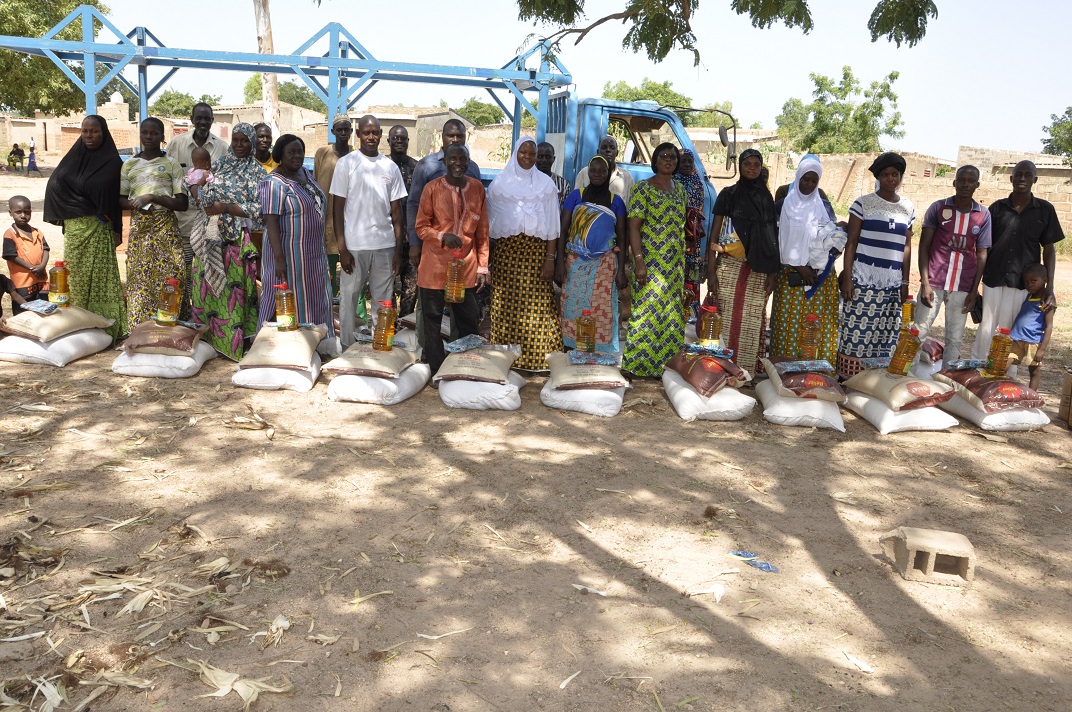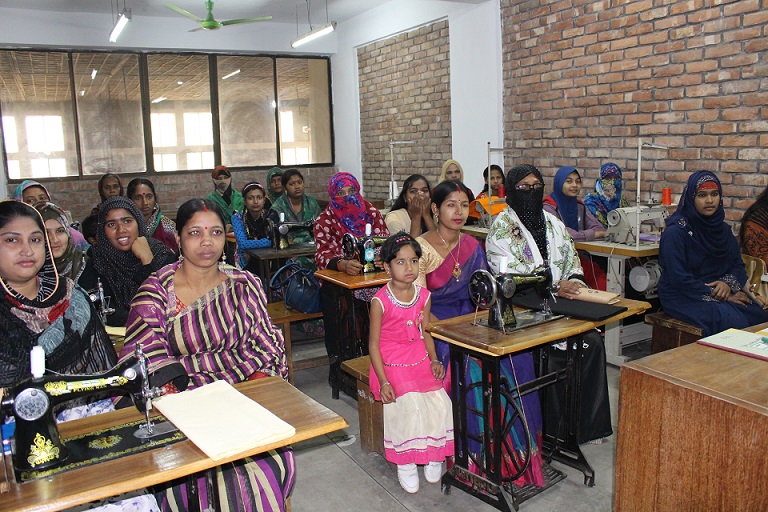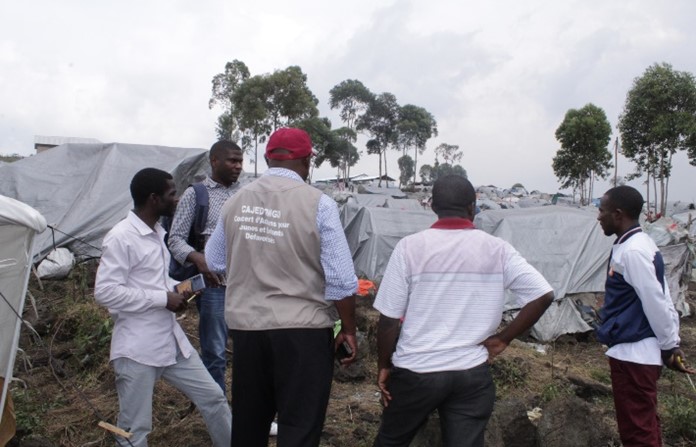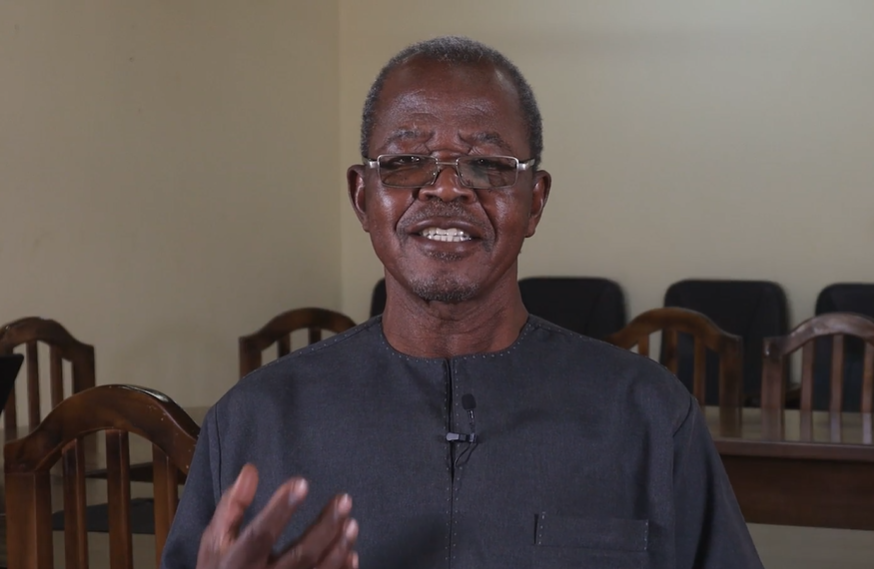Burkina Faso faces an unprecedented humanitarian crisis

Burkina Faso is facing a series of unprecedented crises. For the past four years, the consequences have been dire for the population and have raised questions about what the future holds for the country.
Firstly, the security crisis has been growing for several years. Jihadist groups have been terrorising the country. Attacks are recorded on a daily basis in the areas and regions of the Sahel, the North, the East, the Centre-North, the Boucle du Mouhoun region and the Centre-West. They have resulted in the loss of many lives, mass displacement of people, and the inevitable closure of schools and businesses.
Furthermore, the stigmatisation of certain communities and the ensuing community violence undermine social cohesion and co-existence. It is now estimated that about 40% of the territory is out of state control, and terrorist groups have taken over.
In addition, the country is going through a political crisis and the efforts of African regional and sub-regional organisations have failed to stabilise it. Cooperation with traditional partners such as ECOWAS and the African Union has deteriorated and consequently sanctions have been imposed.
Although the new Burkinabe authorities are intensifying diplomatic talks to lift the sanctions, they continue to advocate nationalism on the one hand, while at the same time diversifying their partners, namely, to deal with this domestic war.
An unprecedented humanitarian crisis
The combination of these factors has plunged Burkina Faso into a very serious humanitarian crisis.
An internal migration crisis has been ongoing for several months. Over the course of 2022, violence has caused more than 2 million people to be internally displaced, with about 8% of these displaced in December alone. 52% of IDPs are children! It is also noted that 1.07 million students are affected by the closure of 6,253 schools in the country.
A food crisis is becoming increasingly evident for millions of people. Violence and internal displacement caused by the security crisis are severely limiting agricultural production in a country where more than 80% of the population is heavily dependent on agriculture for food security. The supply of cereals and other foodstuffs has become scarce due to the terrorist blockade of about 40% of the territory: markets are very poorly supplied, leading to overpricing of basic necessities. And while tensions have run high in recent years (2019, 2020, 2021) due to poor harvests as a result of climate change, including severe droughts and heavy rains, the Ukrainian crisis has made the situation even worse. As with many other countries in the world, there is a lack of grain for basic foodstuffs.
According to the United Nations, 2.6 million Burkinabe, or more than one in ten, needed emergency assistance in 2022. By 2023, it is estimated that 4.7 million people will be in need of humanitarian assistance in Burkina Faso (Global Humanitarian Outlook (GHO))


